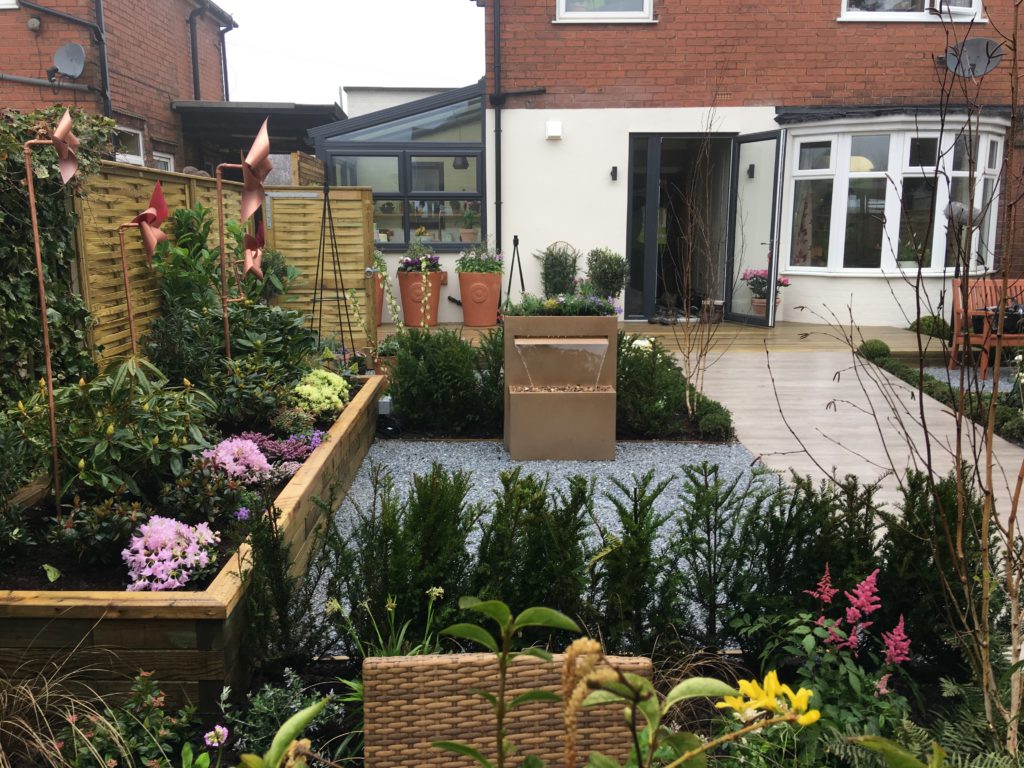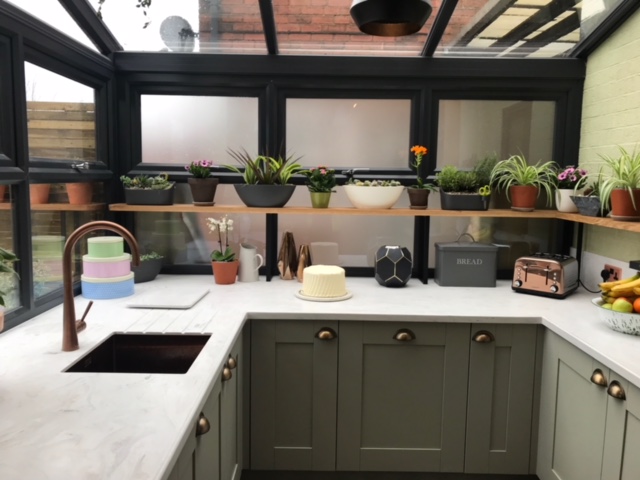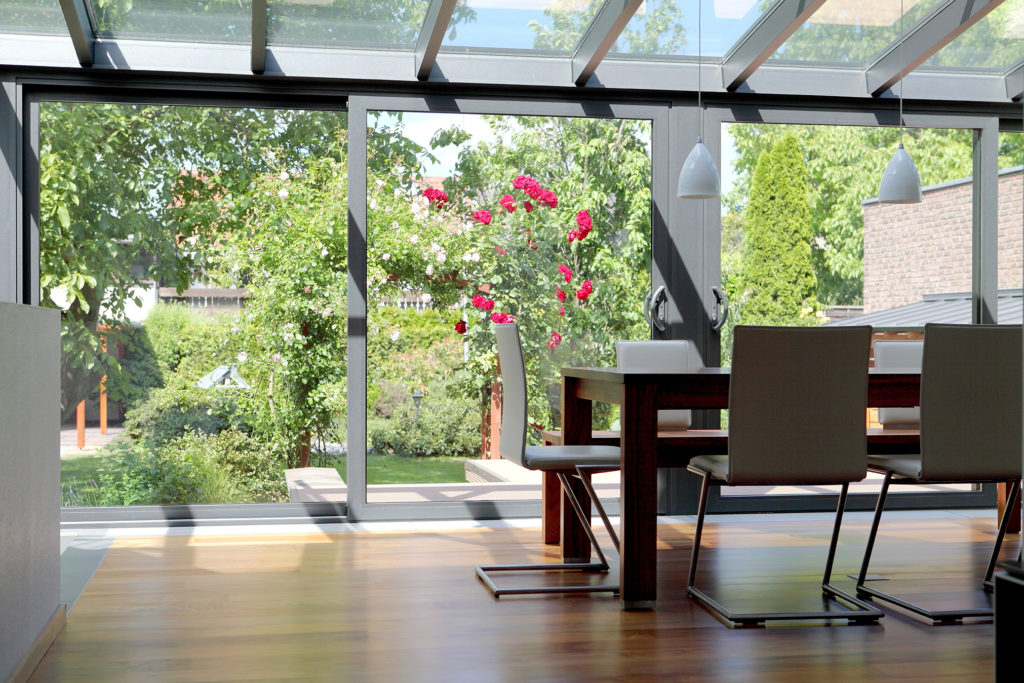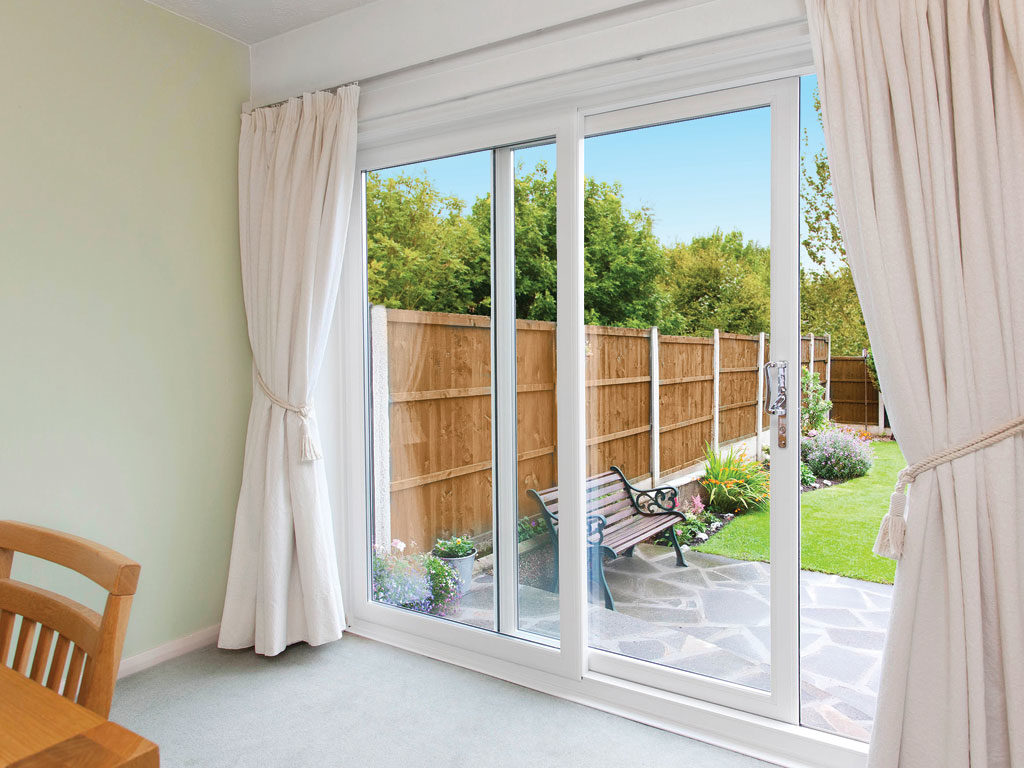Our homes and gardens are closely tied to our mental health. Whatever their situation, everyone can make small changes to their living space that will promote good health. We all have mental health and will all benefit from looking after it, just like we need to look after our physical health.
Most of us spend more time at home than anywhere else. We spend hours sleeping, eating, socialising, doing housework or relaxing. In this blog post, we’ve suggested some considerations for changes that anyone could make to their house or garden to make it a better environment for good mental health.
The mental health benefits of gardens
The mental health benefits of gardens and gardening are no secret. Gardens, no matter how big or small, give us all a space to get outside, exercise and focus on nurturing life.
The benefits of gardening are so highly thought of that some GPs are even prescribing it to patients to help with depression. But you don’t need a prescription to head outside and enjoy the space that you have. Even just one plant pot on a small patio area gives you something to nurture and enjoy looking at, while larger gardens offer additional benefits such as space to exercise and relax outdoors.

Enjoying your garden all year round
Gardening isn’t the only way to see a positive impact from your garden. Simply having plants to look at can be beneficial, helping you to enjoy what’s in front of you. Unfortunately, Brits can’t rely on being able to spend time in the garden all year round. With a bit of thought, however, you can make changes to your house to bring the outside in.
Simple, practical changes include opening all of your curtains throughout the house whenever you’re inside and spending time in rooms that overlook the garden or other natural views. Houseplants are another low-cost way to bring the outside in and help you enjoy some of the other benefits of gardening, like taking responsibility for nurturing something.
If you’re prepared to make larger changes to your home, it might be worth considering structural changes in the form of new – or refurbished – patio doors or Nottingham made conservatory. Glass-panelled doors and conservatories bring the outside in, giving you a full view of your garden whatever the weather.
If you already have a conservatory that you don’t use, consider making changes to turn it into a room in which you’d enjoy spending time; adding an electric heater, clearing it out, or looking into better insulation.

How to make your home healthier
Home-building guidelines from UKGBC (the UK Green Building Council – a charitable organisation driving sustainable construction) highlight other areas in which improvements can be made to improve mental and physical wellbeing. The two are often linked and we’ve highlighted the recommendations that can be adapted into practical recommendations for homeowners looking to improve.
Calm living spaces
Whether you live alone, with another adult or surrounded by screaming children, it’s important to set apart spaces in your home that help you to unwind. Preferably, they would be away from the bustle of the kitchen and separate from your bedroom (mixing sleep and relaxation too closely can actually make it harder to rest well). This could be your lounge, if it’s generally peaceful, an office, a converted garage or loft – anywhere that allows you to decompress after everyday stresses.

Sound insulation
It’s amazing what peace and quiet can do. The UKGBC recommends good sound insulation because constant, low-level noise can contribute to higher stress levels. If that’s something that you notice regularly, consider looking into insulating curtains, double glazing (for older homes), or even acoustic glass. These solutions can make a big difference, especially in areas near roads, train tracks or flight paths.
Relaxing colours
The colours in your home matter. While there’s still a lack of hard evidence in this area, we can all intuitively recognise relaxing colours. The rooms where you need to unwind, like bedrooms, should be painted in colours like light blues, greens and lavenders to make them as peaceful as possible. Bolder colours can be used elsewhere in the house where they stimulate appetite and activity. WebMD has more information if you want to dig a little deeper.
Good light levels
Research indicates that exposure to natural light can improve mental wellbeing in a number of ways. There is data to suggest that exposure to natural light via windows improves sleep (which has a direct impact on both mental and physical wellbeing), and more light also improves the wellbeing of the fifth of the population thought to suffer from either winter blues, or the even more debilitating seasonal affective disorder (SAD).
Windows, conservatories and glass doors all make a big difference to the levels of natural light inside a home. If you’re not in a position to make structural changes, consider window dressings that allow more light in and try to leave interior doors open to let more light into darker rooms.

Security and peace of mind
While it might not be a fashionable topic, security does have a link to mental wellbeing and is included in the UKGBC healthy home guidelines. Peace of mind is crucial no matter where you live, giving you one less thing to worry about.
In a very practical sense, better security can help you avoid those incredibly stressful worst-case scenarios, but even the low-level, day-to-day comfort of knowing that your home is safe makes a difference. Your home’s security can be improved through a combination of common-sense practices (like not leaving windows open), investing in stronger locks and replacing any broken or deteriorating frames.
Healthy comfort
Finally, healthy homes are comfortable homes. The UKGBC identifies temperature comfort as an important consideration for new builds, which includes heating, insulation and temperature controls. Comfort goes beyond temperature, however, including beds that give you a restful sleep, sofas that help you to relax and de-stress and chairs that encourage good posture. These physical factors contribute to mental health and to the wider picture of overall wellbeing; you need to be able to relax physically to unwind mentally.


